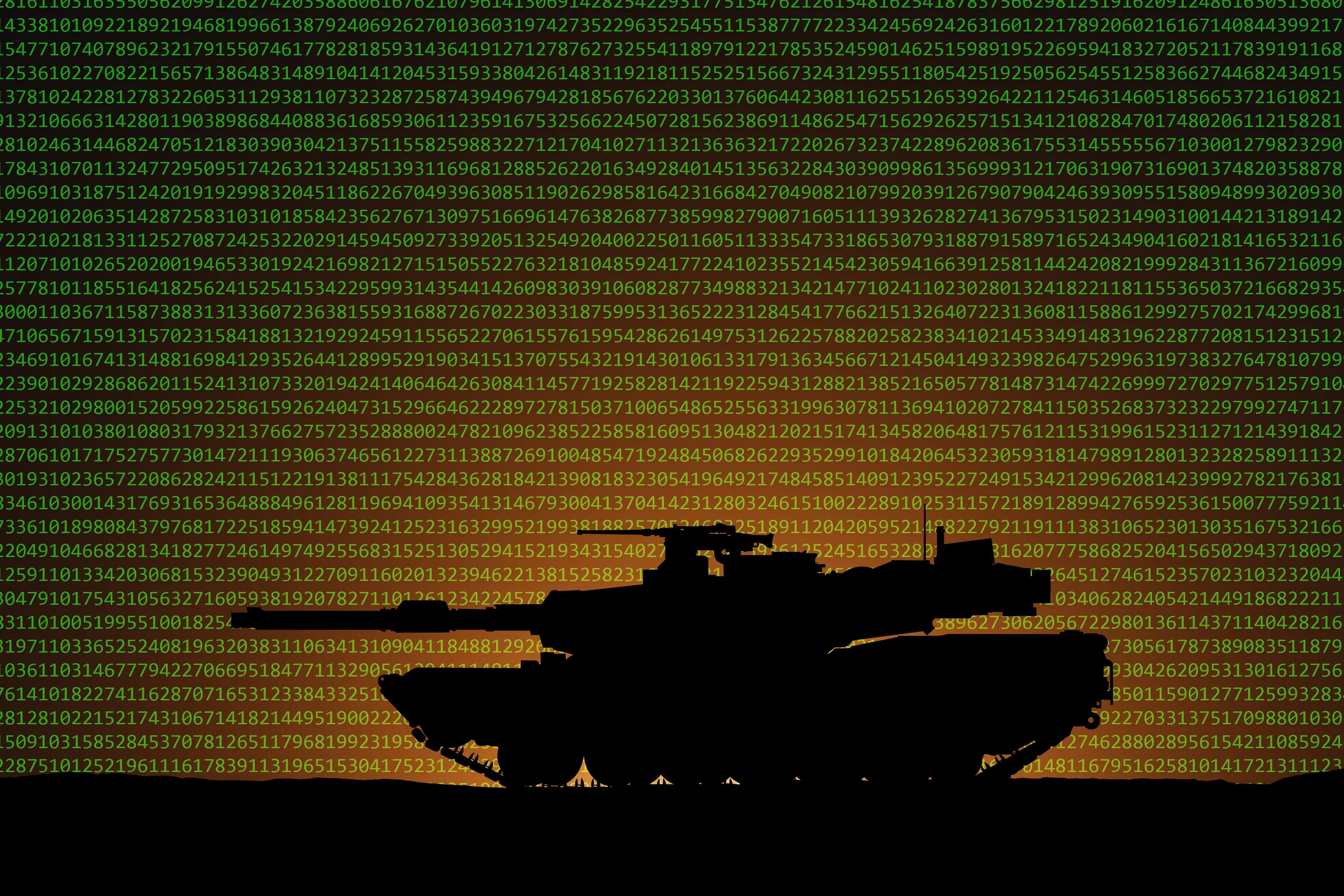
Getty Images/Anton Petrus

Audio By Carbonatix
In 1938, Hitler annexed Austria. The world watched, issued statements and did nothing. Austria wasn’t “strategic” enough. The cost of intervention seemed too high. That silence gave Hitler permission to escalate. Within a year, Europe was at war.
Today, we face a different kind of invasion: one without tanks or borders. It doesn’t come with marching boots or air raids. It comes through screens, algorithms and encrypted messages. And it’s already here.
The Cost of Digital War
Cybercrime affected over 343 million people globally in 2023, with scammers stealing more than $1.03 trillion from victims worldwide. That’s more than the combined annual defense budgets of Germany, Japan and the U.K. And yet, because the crimes are digital and the victims dispersed, we treat it like background noise.
But these aren’t just numbers. They’re lives.
Maya, a retired teacher in Colorado, lost her life savings to a phishing scam that mimicked her bank’s website.
Ravi, a freelance developer in India, was lured to a fake job interview and trafficked into a scam compound in Myanmar, where he faced torture and food deprivation.
Elena, a mother in Spain, watched her teenage son spiral into conspiracy rabbit holes fed by algorithmic manipulation.
These stories are not anomalies. They’re symptoms of a system designed to exploit.
Algorithms That Kill
Social media platforms like TikTok have been linked to a disturbing rise in youth suicides. One study found that 12 percent of identity theft victims contemplated suicide after being scammed. Viral challenges like the “blackout” and “Benadryl” stunts have led to hospitalizations and deaths among children and teens.
Take Chase Nasca, a sixteen-year-old whose TikTok feed became a curated gallery of despair. In the days leading up to his suicide, the platform’s algorithm fed him dozens of videos glorifying self-harm. His parents now lead a growing movement demanding accountability from tech giants whose code can kill.
And then there’s James Woods, a seventeen-year-old high school senior from Ohio. After falling victim to a sextortion scam – where predators threatened to release private images unless he paid – James took his own life within nineteen hours of the first message. His story is tragically common. Sextortion has been linked to at least thirty teen suicides since 2021, and the FBI reports a 30 percent increase in sextortion-related tips in just six months.
From Screens to Streets
The unrest isn’t just digital. Violent riots fueled by misinformation continue to erupt. From the Capitol insurrection to coordinated attacks on public institutions, the line between online radicalization and real-world violence is vanishing.
We are witnessing the rise of a decentralized war – one waged by networks shielding nations. Its weapons are psychological, financial and algorithmic. Its victims are global. And its cost is measured not just in dollars, but in dignity, safety and lives.
The Real Enemy
The real enemy isn’t a single country. It’s a system. It’s unchecked power, digital exploitation and economic manipulation masquerading as progress. It’s the silence that follows every “isolated incident.” The shrug that comes with “it didn’t happen here.”
If we wait for missiles to fly before we call it war, we’ve already lost.
Ava Moore is a Colorado-based author whose upcoming novel The River Sleeps at Dawn explores themes of digital deception, resilience and global exploitation. Find more articles at substack.com/@avamooreecho.
On weekends, westword.com publishes commentaries on matters of interest to the Denver community; the opinions are those of the authors, not Westword. Have a piece you’d like to share? Email editorial@westword.com, where you can also comment on this essay.